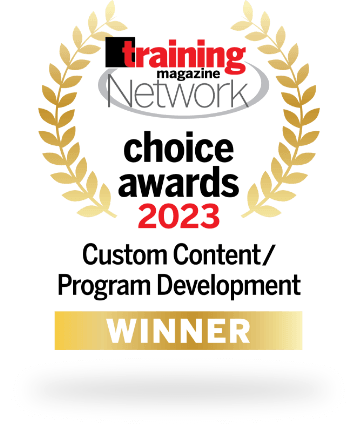Management the Machiavellian Way
Some Managers are so focused on the financial goal that they believe any means of getting there is justified. Reasons are falsified to further their own status and position at the expense of others. This includes bending the ethical rules and relying on questionable behavior such as:
Management the Ethical Way
According to the Volkov Law Group, trust and integrity are the foundation of an ethical work culture. An ethical work culture is not only the right environment from a human perspective, but also drives financial benefits since it directly affects the bottom line.
A culture of trust depends on transparency, equal treatment of similarly situated personnel and respect.
A culture of integrity depends on senior executives conducting themselves at a high standard, promoting the company’s code of conduct, and adhering to ethical standards.
If a manager is truly interested in leading their employees, a direct conversation with that employee is the best option. The fact that managers’ behavior is in question is a reflection of the corporate environment. Good employees do not want to be associated with a company that fosters an unethical work environment. It may be time to refresh managers’ skills on ethics and compliance and make some changes in middle management.
Is it time to update your corporate compliance training program?
Learn how to write effective training objectives with this “Free Guide: 5 Tips for Writing Effective Objectives.”



10800 Lyndale Avenue South - Suite 151 - Bloomington, MN 55420